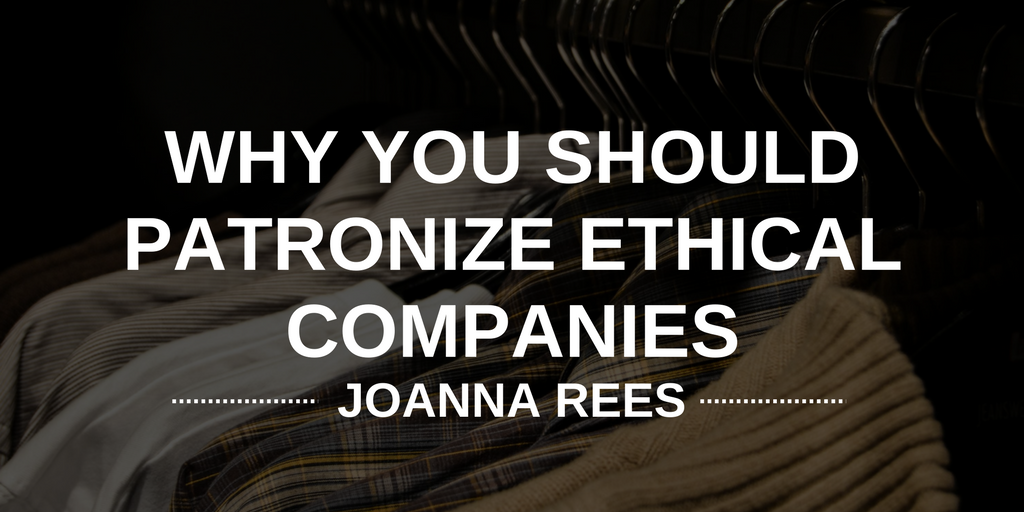Making smart and ethical purchasing decisions may seem next to impossible, even with the wealth of information available online. Even if the company selling a product seems outwardly trustworthy, the origin of the materials and labor can often be riddled with controversy. Given the complexity of supply chain management, the companies themselves may not be fully aware of the issues that they are creating through production. Depending on one’s code of ethics, other companies may not be considered ethical due to the causes they do or don’t support.
Despite all of these difficulties, there has never been a better time to reexamine your shopping habits. Even if your lifestyle is too financially tight to shop everywhere that you’d like to, refusing to patronize unethical companies is the start of encouraging a future with less corruption.
Ethical behavior has already proven to improve business. While there are many facets to judge a company on, you should look for companies that have a commitment to community, diversity, and the environment, ethically-sourced products, and corporate transparency. Surveys have indicated that Millennials are more likely to patronize these types of socially-responsible companies. With social media creating an environment in which discoveries about company practices are often laid bare, we may be at the start of an era in which business is dependent on ethics.
Perhaps this is something of an optimistic outlook. Still, these new trends make ethical shopping a good thing to practice. And change inevitably begins at the personal level, by recognizing that supporting unethical companies implicitly condones their problems.
That’s not to say that everybody that buys water bottled by Nestlé is complicit in practices such as their abuse of water laws. Some people may have no other choice of product, or may simply not know. Militantly calling others out on purchasing unethically-sourced products does little but alienate others. Instead, take it upon yourself to learn what you can about companies that offer better options and promote them. The Art of Simple offers a comprehensive list of good brands across a variety of industries that make for better shopping.
There’s a good chance that, if you’re reevaluating your ethical shopping habits, you’ll find that a company that you like has done some less than reputable things. Unfortunately, there are times where you’ll have to contend with the fact that you may have to stop patronizing companies that have previously been staples in your purchasing habits. In this case, you’ll have to make a judgment call about whether the convenience or affordability justifies whatever moral reservations you may have.
Still, changes in transparency have made it clear that many companies are committed to being straightforward about their practices and where their products are sourced from. Better business among these companies—an average of 3.3 percent compared to others—tells us that mandates for better ethics are not only a necessity, but desired by consumers. And changing your buying habits is a great way of showing support for these new ideals of commerce.
From fashion to coffee, companies are catching on to the fact that ethical practices and corporate social responsibility can have a major positive impact on their brand. Even if you can’t afford to shop completely ethically, consider some better alternatives that won’t break the bank. You’d be surprised at what the new information age tells us about how businesses operate.

